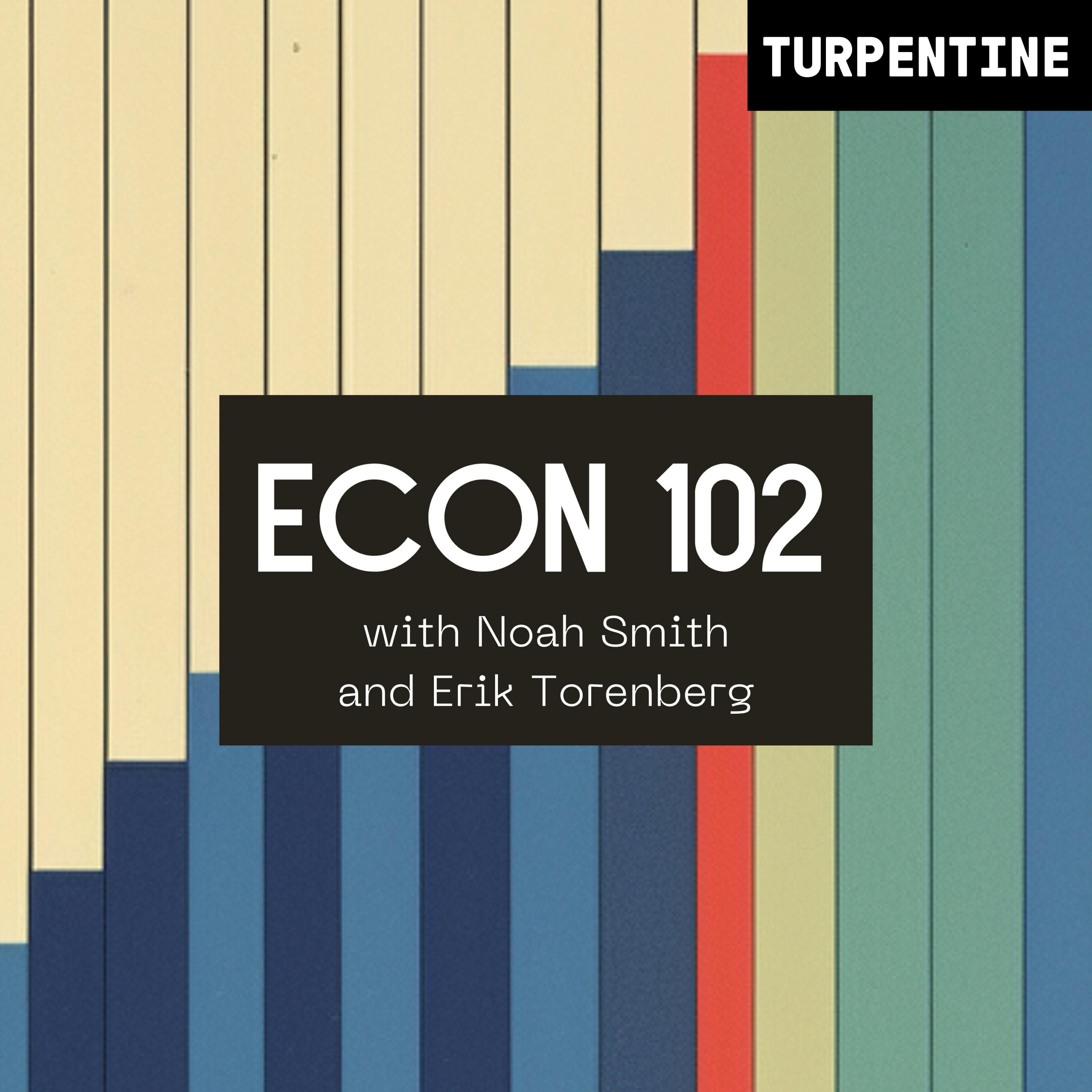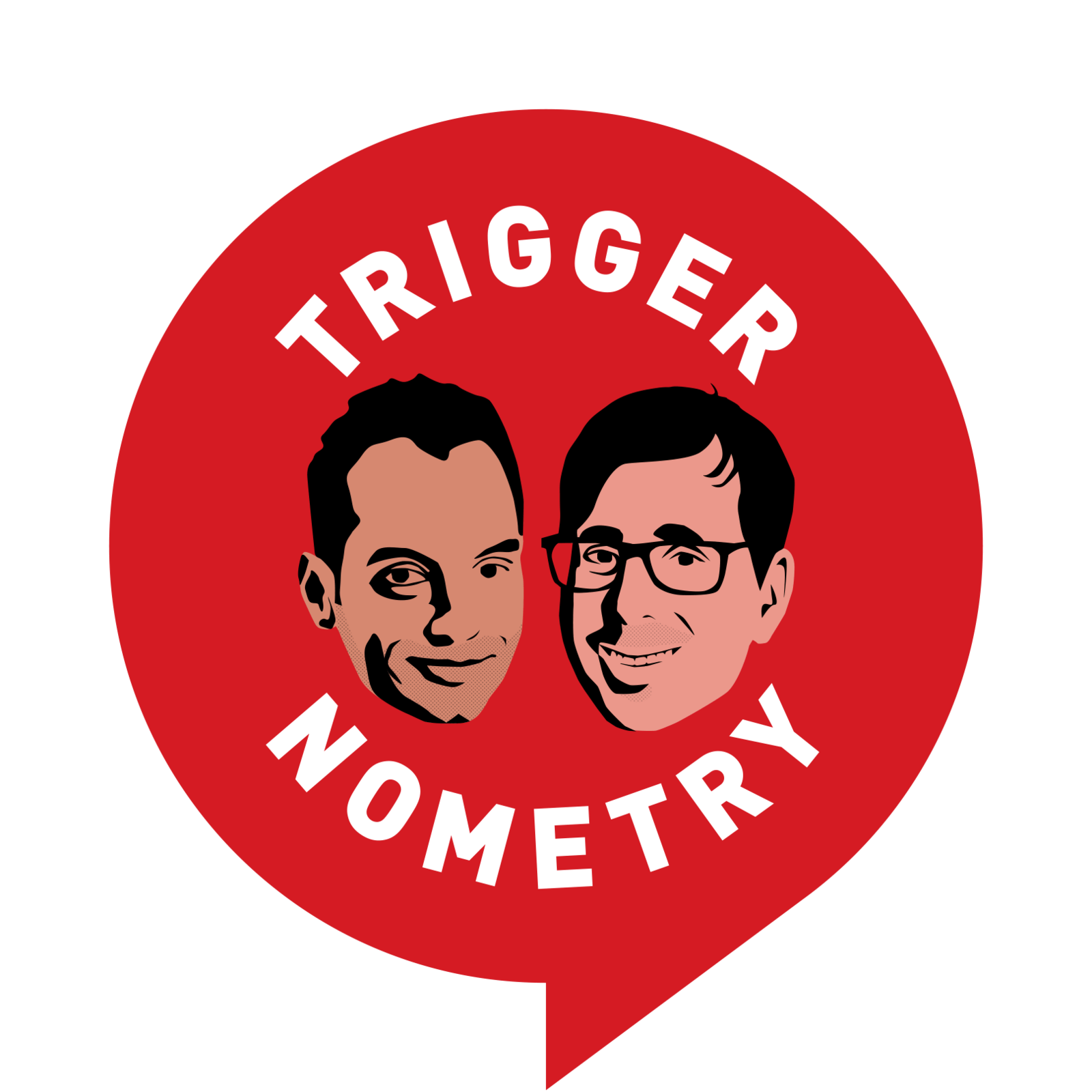PortalsOS
Related Posts
Vote to see vote counts

The rise of social media has changed the way we process political events, making them more immediate and emotionally charged.
The rise of social media and algorithms has desensitized us to violence, making it difficult to process events like political assassinations.

The media's role in shaping public perception has shifted with the internet, as people can now directly access diverse viewpoints and information.

The national mood has shifted away from cancel culture, with companies realizing that online outrage often doesn't translate to financial loss unless organized boycotts occur.

During COVID, there was a perception of excessive censorship on social media platforms, but the industry has since opened up.

The world is becoming more unstable and dangerous due to increased polarization and hate crimes, exacerbated by social media influence.
The rise of social media and algorithms has changed how political violence is perceived, making it more pervasive and desensitizing people to violence.
The world is becoming more unstable, with increasing polarization and hate crimes fueled by social media and political rhetoric.

The most woke, least racist, and most aware group we have had still faces challenges, reflecting a remarkable time in terms of freedom.

The true era of free speech may be emerging, as the internet allows for unprecedented levels of transparency and communication.
